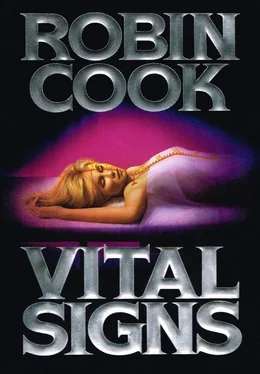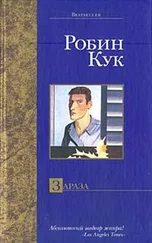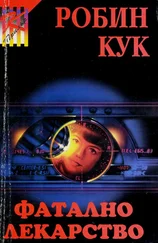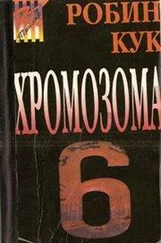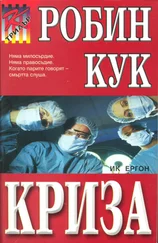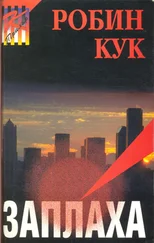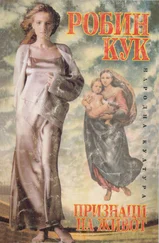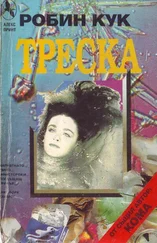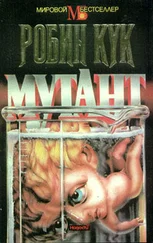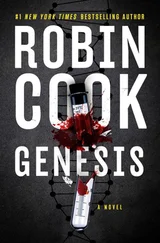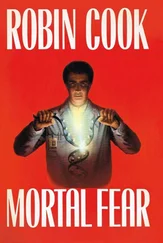“I’d vaguely recognized him,” Tristan said. “From back when I worked for FCA.”
Reaching the edge of the marsh, they next climbed up through thick vegetation. Vines hung down from the branches of the trees. It was slow going. It took some effort just to go a hundred yards. Then the trees suddenly ended at the edge of a rice paddy.
“I recognize where we are,” Tse said. “There is a small farming village ahead. Perhaps we should go there and get some food.”
“How will we get food?” Tristan asked. “Will they take credit cards?”
“We’ll use your money,” Tse said.
“They’ll take Hong Kong dollars?” Tristan questioned.
“Absolutely,” Tse said. “There is a black market for Hong Kong dollars throughout the Guangdong Province.”
“Do we have to worry about the authorities in this village?” Tristan asked.
“No,” Tse said. “There will be no police. Only in Shigi will there be police.”
Turning to Bentley, Tristan asked: “What do you see as our major problem being in the PRC? After all, we have visas.”
“Only two things,” Bentley said. “You have no entry stamp and no entry documents. Everyone must have a Baggage Declaration form. That is the form you must surrender when you leave the PRC.”
“But no one will hassle us while we’re here?” Tristan asked. “I thought the first walloper we came across would nab us.”
Everyone looked at Tristan curiously. “What’s the matter?” he asked.
“What’s a walloper?” Marissa asked.
“A policeman,” Tristan said. “Am I the only one who speaks English around here?”
Ignoring Tristan, Marissa addressed Bentley. “So we only have to be concerned about leaving the PRC?” she asked.
“I believe so,” Bentley said. “Foreign travel has become reasonably commonplace in China, especially in Guangdong Province. So no one should bother you. But without some help, you probably will not be able to cross back into Hong Kong or Macao. Without a Baggage Declaration and also without the usual things a tourist carries, like a camera, you’ll be considered smugglers and put in jail.”
“At least we’ll be safe,” Tristan joked. “Since we don’t have anything to worry about currently, let’s go to that village and get some tucker.”
“Food!” Marissa translated for the others.
Tse had been right. The villagers were eager to obtain the Hong Kong dollars. For what Tristan thought was a piddling amount, he treated all four to dry clothes and a hearty meal. Except for the rice, Marissa and Tristan did not recognize the food.
During the meal Marissa was reminded of Wendy’s comment that people in the PRC liked to stare. While they ate, it seemed as if everyone in the entire village came to gawk at the four strangers eating in the village common room.
When they had finished their meal, Tristan turned to Tse. “Do you have any suggestions for us as to how to get out of the PRC? Maybe you know how we could get a couple of these Baggage Declaration forms?”
“I have never seen such a form,” Tse said. “And if you do not have one, I’m afraid it will be a problem for you. Our government requires forms for everything, and our officials are of a suspicious nature. But I don’t think you should go to the border. I think it would be best for you to go to Guangzhou. I know there is an American consulate. I’ve visited it in an effort to get medical books.”
“That sounds like good advice to me,” Marissa said.
Tristan nodded. “I wonder if there is an Aussie consulate as well.”
“If not, I’m sure we can talk the American consul into helping you too,” Marissa said.
“How do we go about getting to Guangzhou?” Tristan asked. “I suppose it is a long walk from here.”
Tse flashed a smile. “A very long walk,” he agreed. “But it is not such a long walk to the next town, which is larger than this village. Chiang and I stayed one night in the town, and I know they have a medical dispensary similar to the one where I work. I imagine they have transportation to Shigi, where the district hospital is located. From there we can go to Forshan, which is a big city.”
“That sounds good to me,” Tristan said. “What do you think, Marissa?”
“Sounds almost too good to be true,” Marissa said. “I like the idea of having a U.S. official deal with the Communist bureaucracy. As Tse says, it’s a much better idea than going to the border and trying our luck. With everything that has happened, I don’t feel very lucky.”
“What about you, Bentley?” Tristan asked.
“I think I will go back via Macao,” Bentley said. “I have a hui shen jing, which entitles me multiple visa-free entries into the PRC. I shouldn’t have much trouble. Maybe a short delay; but I’ll go with you as far as Forshan.”
The walk from the tiny village to the next town took only about an hour. First they passed by small plots of vegetables, then through rice paddies being worked by peasants with water buffalo. Whenever any peasants spotted them, they stopped and stared until the strange group passed from view. Marissa imagined they made for a curious sight: two gweilos and all four dressed in ill-fitting clothing.
Entering the town, Tse conversed briefly with a man pushing a wheelbarrow. During the entire conversation, the peasant didn’t take his eyes off Marissa.
“He says the dispensary is just a little way ahead,” Tse reported.
Most of the buildings in the town were either wood or brick, but the health clinic was a concrete whitewashed structure with a roof made of sunbaked tile. They entered through a low door. Both Tristan and Bentley had to duck to get in.
The first room was a waiting room. It was filled mainly with older women, a few accompanied by young children. One middle-aged man had a cast on his leg.
“Please,” Tse said. “If you would wait here I will introduce myself to the doctor.”
There was no space on the crude wooden benches that circled the room’s periphery, so Marissa, Tristan, and Bentley stood. None of those waiting uttered a single word. They merely gawked at the trio as if they were extraterrestrial beings. The children were especially curious.
“Now I know how cinema stars feel,” Tristan said.
Tse reappeared, escorted by a tall, gaunt Chinese man dressed in a short-sleeved Western-style shirt.
“This is Dr. Chen Chi-Li,” Tse said. He then introduced Chi-Li to Marissa, Tristan, and Bentley.
Chi-Li bowed. Then he smiled, revealing large, yellow teeth. He spoke quickly in guttural Cantonese.
“He welcomes you to his clinic,” Tse said. “He thinks it is an honor to have an American and an Australian doctor visit. He asks if you would care to see his facility.”
“What about the transportation?” Tristan asked.
“The clinic has a van,” Tse said. “The van will take us to Shigi. From Shigi he said that we can take a bus to Forshan, then a train to Guangzhou.”
“How much will he charge for the van?” Tristan asked.
“There will be no charge,” Tse said. “We will go with several patients being sent to the district hospital.”
“Fine,” Tristan said. “Let’s see the bugger’s clinic.”
With Chi-Li and Tse leading, the group toured the clinic. The rooms were essentially bare except for crude furniture here and there. The procedure room was especially stark, with a rusted steel table, a porcelain sink, and one ancient glass cabinet full of instruments.
Seeing that Marissa seemed interested in the instrument cabinet, Chi-Li went over and opened the door for her.
Marissa winced when she looked into a tin of nondisposable needles that had become dull from overuse. It made her realize how much she took for granted in her office and at the Boston Memorial. As her eyes wandered to the upper shelf, she saw packages of vaccines, including a cholera vaccine made in the United States. Then she noticed some vials of BCG. She remembered Tse’s having mentioned their use in tuberculosis inoculations. Marissa was curious about BCG, particularly since it had never been proven to be effective in the United States. She reached into the cabinet and lifted one of the vials. Reading the label, she discovered it had been made in France.
Читать дальше
